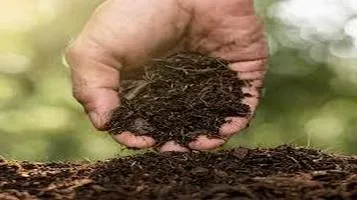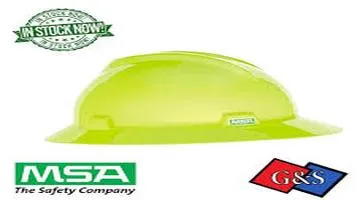Compost: Nature’s Black Gold
Compost is a nutrient-rich, organic material resulting from the natural decomposition of organic matter, such as food scraps, yard waste, and other biodegradable materials. Through the composting process, microorganisms like bacteria, fungi, and insects break down these materials into a dark, crumbly substance that can be used to enrich soil. Composting not only reduces the volume of waste sent to landfills but also returns valuable nutrients to the earth, promoting healthier plant growth. This sustainable practice improves soil structure, enhances moisture retention, and encourages the presence of beneficial organisms. Whether used in gardens, farms, or landscaping, compost serves as a natural fertilizer that supports eco-friendly agriculture and gardening, contributing to a more sustainable and environmentally conscious lifestyle.

Composting is an age-old practice that has gained significant attention in recent years due to its profound environmental, agricultural, and economic benefits. This natural process of recycling organic matter, such as leaves and food scraps, into a rich soil amendment, commonly referred to as "black gold," is not only a sustainable way to manage waste but also a potent tool for enhancing soil health and promoting plant growth.
At its core, composting is a biological process where microorganisms, including bacteria and fungi, break down organic materials into humus, a dark, crumbly, and nutrient-rich substance. The process can be aerobic (composting with oxygen) or anaerobic (composting without oxygen), each with its own set of benefits and challenges. Aerobic composting, the more common approach, requires turning the pile to introduce oxygen and speed up decomposition, while anaerobic composting takes place in sealed containers and is slower but can capture methane for energy use.
One of the most significant environmental benefits of composting is its ability to reduce landfill waste. Organic materials, which make up a significant portion of municipal waste, decompose anaerobically in landfills, producing methane, a potent greenhouse gas. By diverting these materials from landfills and composting them instead, we can significantly reduce methane emissions and mitigate climate change. Additionally, composting reduces the need for chemical fertilizers, which are often derived from fossil fuels and can leach into waterways, causing pollution and harming aquatic ecosystems.
From an agricultural standpoint, compost is a game-changer. It improves soil structure, increases its water-holding capacity, and promotes the growth of beneficial microorganisms. Soils enriched with compost are better equipped to retain nutrients and water, reducing the need for irrigation and fertilization. This is particularly important in areas prone to drought or with poor soil quality. Farmers and gardeners who use compost often report healthier plants, higher yields, and a reduction in pest and disease problems. Moreover, composting can help remediate contaminated soils by binding heavy metals and other pollutants, making them less available to plants.
The economic benefits of composting are equally compelling. For households, composting reduces waste disposal costs and provides a free source of nutrient-rich soil amendment for gardens and lawns. Municipalities can save on landfill tipping fees and extend the lifespan of existing landfill sites. In some regions, composting facilities create jobs and generate revenue by selling finished compost to farmers, landscapers, and gardeners. The growing demand for organic produce has also spurred interest in composting, as it aligns with sustainable farming practices and can help farmers achieve organic certification.
Despite its numerous benefits, composting is not without challenges. One of the primary obstacles is public awareness and participation. Many people are still unfamiliar with the composting process or are hesitant to start due to perceived complexity or concerns about odors and pests. Education and outreach are crucial to overcoming these barriers. Community composting programs, workshops, and online resources can help demystify composting and provide practical guidance for beginners.
Another challenge is contamination. Non-compostable materials, such as plastics, glass, and certain types of paper, can inadvertently end up in compost bins, compromising the quality of the finished product. Effective sorting and education about what can and cannot be composted are essential to maintaining high-quality compost. Some municipalities have implemented curbside compost collection programs with clear guidelines to address this issue.
Technological advancements are also playing a role in making composting more accessible and efficient. Innovations such as automated home composters, community composting hubs, and industrial-scale composting facilities are helping to streamline the process and accommodate larger volumes of organic waste. These technologies can also help monitor and optimize conditions for decomposition, ensuring a faster and more efficient composting process.
In conclusion, composting is a powerful and versatile tool for managing organic waste, improving soil health, and mitigating environmental impacts. Its benefits extend beyond individual households to communities, agriculture, and the planet as a whole. While challenges remain, increased awareness, education, and technological innovations are paving the way for more widespread adoption. As we continue to seek sustainable solutions to global challenges, composting stands out as a practical and impactful practice that reconnects us with the natural cycles of growth and decay. Embracing composting, whether at home, in our communities, or on an industrial scale, is a step towards a more sustainable and resilient future.






